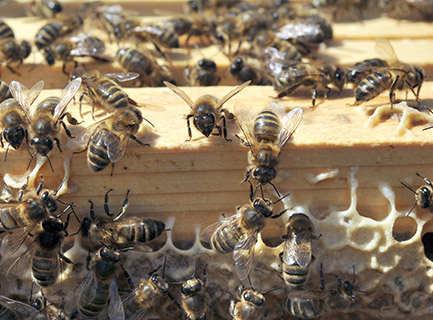Bees in danger
Search by
Video
Folder


In France, bee populations have been declining for about thirty years. Neonicotinoids, insecticides, are the main cause of this decline. Bees play an essential role in preserving biodiversity